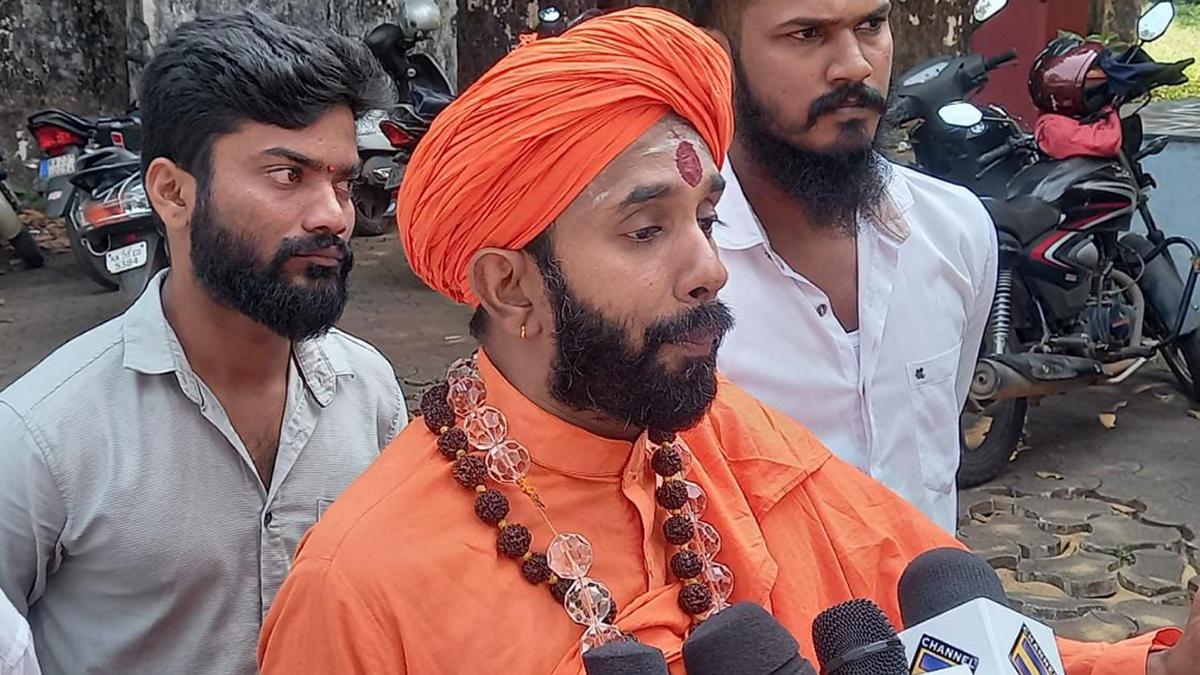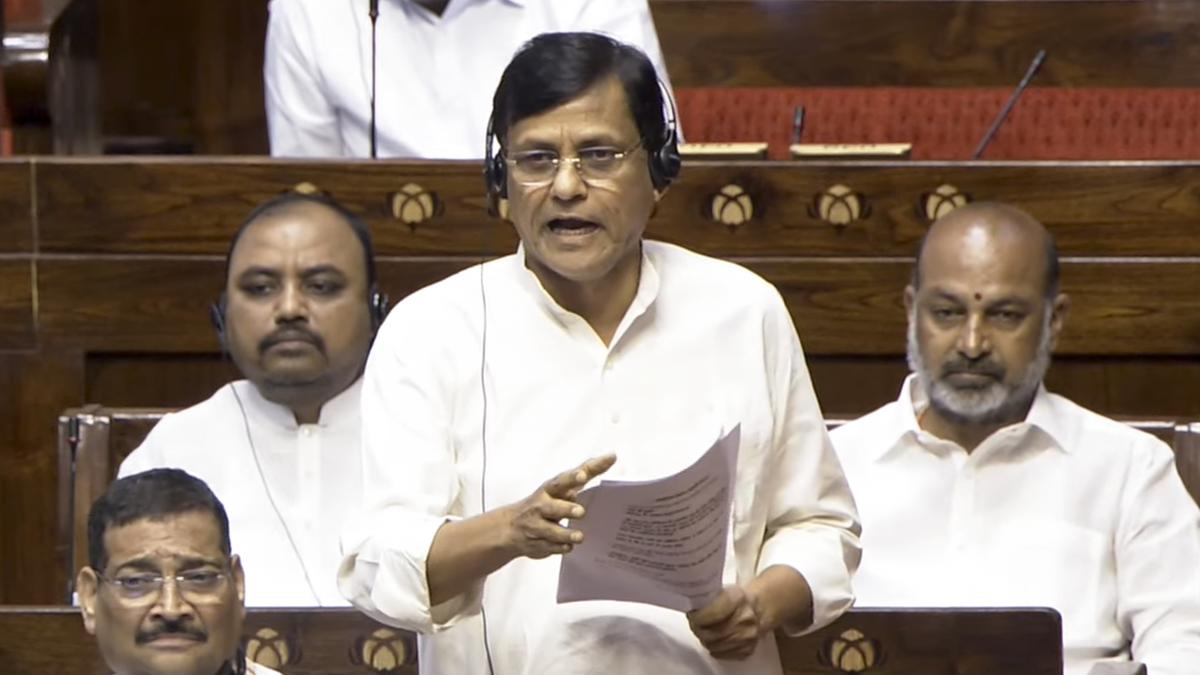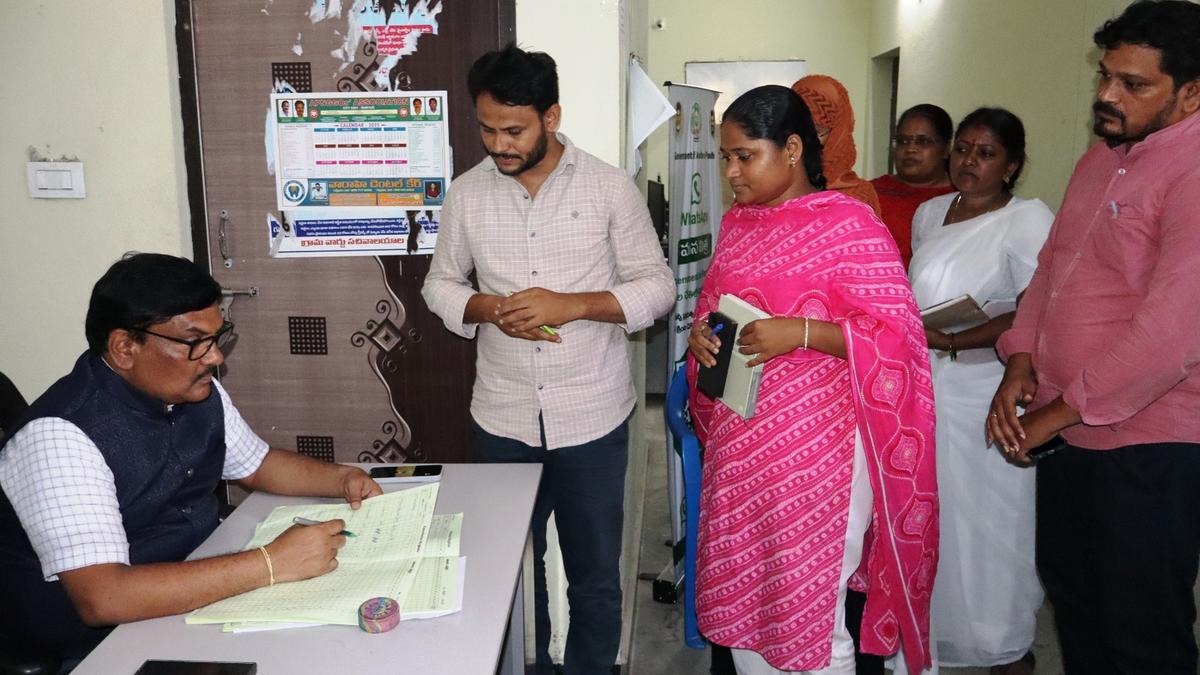Now Reading: Priyank Kharge, Sharan Patil Face Allegations of Overlooking Ediga Community’s Demands
-
01
Priyank Kharge, Sharan Patil Face Allegations of Overlooking Ediga Community’s Demands
Priyank Kharge, Sharan Patil Face Allegations of Overlooking Ediga Community’s Demands

Quick Summary
- Pranavananda Swami, the national president of Arya Ediga kendra Samiti and Peethadhipathi of Brahmashree Narayana Guru Shakti Peetha, accused the Siddaramaiah-led Karnataka State government of ignoring the demands of the Ediga community.
- The swami urged Rural Development and Panchayat Raj Minister Priyank kharge to lead a delegation to Chief Minister Siddaramaiah on behalf of the community regarding their grievances.
- Key demands include lifting a ban on toddy tapping, providing two acres of land to each Ediga family for cultivation, allocating ₹500 crore for welfare schemes under Brahmashree Narayana Guru Corporation, installing Sri Narayana Guru’s statue near Vidhana soudha in Bengaluru, and recognizing social reformer Hendada Marayya’s birth anniversary as a State function.
- He claimed discrimination by accusing the government of inducting only one legislator from the Ediga community into its Cabinet while demanding an additional representative.
- The seer warned that neglecting these issues could lead to prominent leaders forming a new political party representing their interests.
- He also advised youths in his community against falling prey to violence incited by caste or religion-based politics and instead follow Sri Narayana Guru’s principles for societal betterment.
Indian Opinion Analysis
The dissatisfaction expressed by Pranavananda Swami underlines tensions regarding portrayal and resource allocation among Karnataka’s communities. His criticism highlights broader challenges India’s state governments face in balancing caste-community interests while avoiding favoritism accusations within Cabinet compositions. If unresolved adequately, such regional grievances could fuel fragmentation or inspire groups toward independent political movements-potentially altering electoral dynamics at state levels.
The proposed socio-economic initiatives-including land provision for cultivation and funding allocations-highlight efforts aimed at upliftment but pose practical budgetary implications amid competing welfare priorities across communities statewide. Additionally, calls for cultural recognition reflect ongoing dialogues about identity preservation within governance frameworks.
Swami’s appeal urging youth against divisive politics points towards a constructive approach emphasizing nonviolence-a sentiment integral to India’s pluralistic social fabric but requiring vigilant implementation over rhetoric alone.























